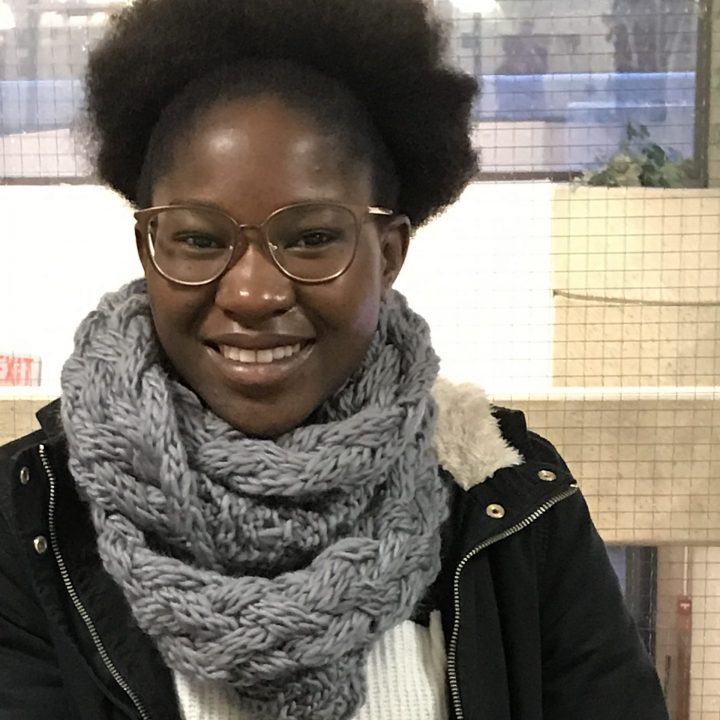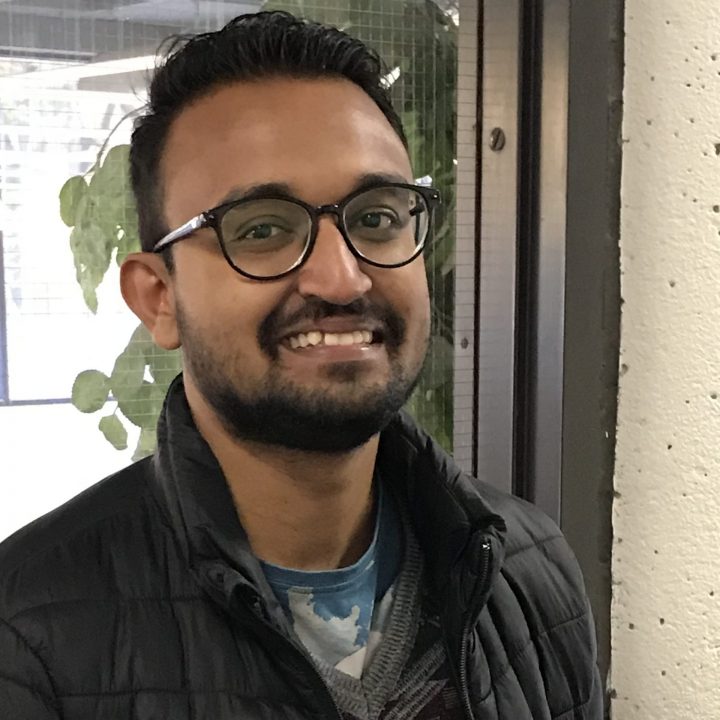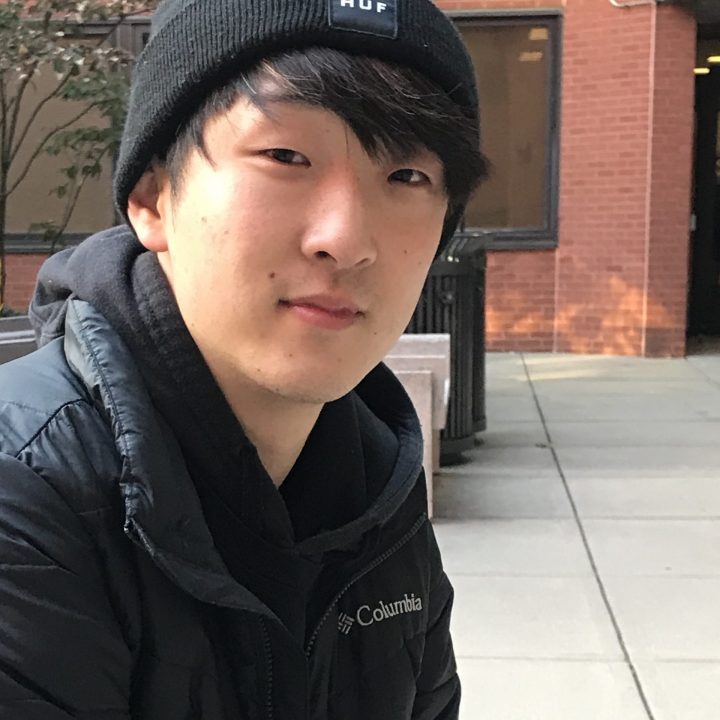The University of Maryland, Baltimore County has just over 1,000 international students who come from all around the world. In celebration of International Education Week, we interviewed four of the international students who have made a second home at UMBC.
 Flora Manyusa
Flora Manyusa
When Flora Manyusa exited the airport after landing in the United States, she did not expect it to be so cold.
“When I was at the airport the first day, it was kind of sunny, so I didn’t know it was going to be cold,” Manyusa said. “Then I went out of the airport and [I thought], ‘I’m not going to survive here.’”
Manyusa is from Malawi, where, she said, they “don’t have winter.” Weather, however, was not the only thing Manyusa found challenging when she came to the United States. She has not seen her family in years and initially struggled to adapt to the American education system.
“It’s like you’re starting off again as a child, learning new things,” she said. “You’re being born again because everything is new.”
Ever since Manyusa was young, though, she wanted to study in college outside of Malawi in order to get out of her comfort zone and experience a new culture. Now a transfer information systems major at UMBC, Manyusa hopes to use her knowledge of technology to help people after she graduates.
“I know that a lot of people have helped me along my life path, so I want to have that feeling of giving back to the community,” she said.
 Diptanil “Ricky” Dutta Roy
Diptanil “Ricky” Dutta Roy
This past summer, Diptanil Dutta Roy, who goes by “Ricky,” helped 130 incoming international graduate students make the transition from India to UMBC.
Roy is the president of the EKTA Indian graduate association, which provides support for Indian graduate students free of charge. A big part of this support comes in the form of organized housing — all of the graduate students that are part of EKTA live in the same block ten minutes from campus. An Indian graduate student studying cybersecurity himself, Roy remembers when he first came to the United States and the help he received from graduate students within EKTA.
“When we came, we were also scared to come to a new country, but our seniors helped us a lot,” he said. Now he has taken on the same responsibility, answering questions and solving problems through the EKTA Facebook page.
Roy credits EKTA with providing Indian graduate students with a community of peers that can relate to one another. The closeness of the community is evident in an upcoming trip for students to visit their respective families in India; many, including Roy, are traveling together this winter after being away from home for one and a half years.
“It’s a big community,” he said. “You can get help from anyone at any time.”
 Kento Uchida
Kento Uchida
For Kento Uchida, learning English is about following in his father’s footsteps.
“My dad spoke English and Japanese, so I also want to,” Uchida said.
He began his studies in the United States as an exchange student. His program, however, was only four months long, which he said was “not enough [time] to study English right.” After his exchange program ended, he enrolled in the English Language Institute in order to dedicate more time to improving his English and has now been studying with the ELI for about a year.
The English Language Institute does not split their classes into freshman, sophomores, juniors and seniors. Instead, they focus on fluency levels in reading, writing, speaking and listening. Speaking and listening classes include debates around hard subjects like genetically modified foods, and reading and writing classes involve a lot of essays, according to Uchida.
Uchida, who only has one reading and writing class left until he graduates the ELI, hopes to start at UMBC next semester as a business, technology and administration major and wants to become a Residential Assistant later on.
“ELI has helped me to study and improve my English,” he said.
 Reem Sultan
Reem Sultan
When Reem Sultan first came to the United States to participate in UMBC’s English Language Institute, she committed to learning two languages: English and American Sign Language.
Growing up in Kuwait, Sultan, who is Deaf and fluent in Kuwaiti Sign Language, started learning some English when she was six years old. Her mother always encouraged her to study in America, and once Sultan decided to major in chemical engineering upon graduating high school, she realized there would be more opportunities for her if she studied abroad.
“It’s really hard to take engineering classes in Kuwait if you’re Deaf,” Sultan said. “There’re not many interpreters there.”
Though there is no formal instruction for ASL at the English Language Institute, teachers at the ELI have “worked with lots of Deaf students over the years,” Sultan said, and have resources available for Deaf students, including interpreters who translate when Deaf students give presentations.
Now, as a graduate of the English Language Institute and a freshman at UMBC, Sultan is already looking to life after graduation. Her main goal? To return to Kuwait and get a job in engineering to help the Deaf community. She hopes that her future job will pave the way for other Deaf people to seek out the resources they need to be successful.
“I’m planning to help the Deaf community, to raise them up more, and to let them know that they can do anything if they want to,” Sultan said. “I really want everything to improve in my country for the Deaf community.”


Comments are closed.